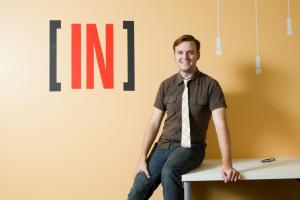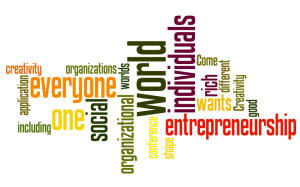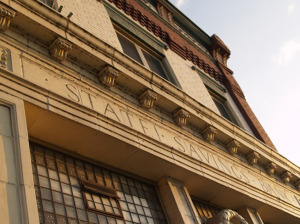 While you’re studying for exams, you might as well have a good time doing it!
While you’re studying for exams, you might as well have a good time doing it!
Come over to the Innovation Incubator [IN] at Northbank Center 207 from 9 am-5 pm on Study Day December 13. You can build a fort with our giant foam blocks or arrange the furniture any way you like to study alone or in groups. Free pizza and beverages will be available.
In the Winter semester Study Day, about 20 students discovered the Innovation Incubator in our Study [IN] Style Open House. They said they liked the fun, colorful and creative atmosphere. Some took breaks from studying to check out the services available to students at the incubator.
They were surprised to learn that there were five student-run businesses that have free offices right on campus. That number is now up to seven, and there is room for a few more. UM-Flint students like you have started businesses in web hosting, business coaching, publishing, graphic design, software development, and a physical therapy free clinic. Dozens of other student businesses also use the services and space of the incubator to collaborate, plan their businesses and make social connections – and so can you.
We will have staff on hand all day to describe the benefits of using our free services during the Tuesday December 13 Study [IN] Style Day. Come to the Northbank Center, take the elevator to the second floor — and follow the vibe of creativity to the Innovation Incubator!


